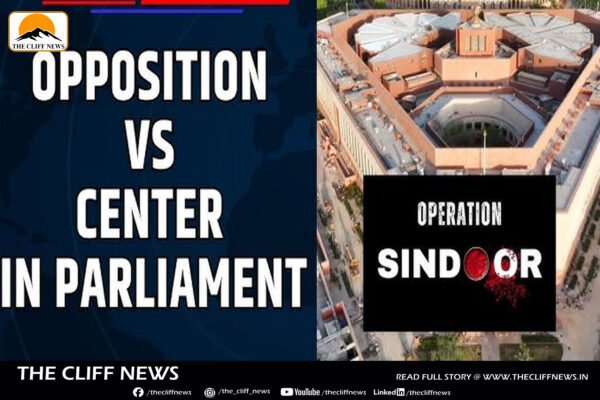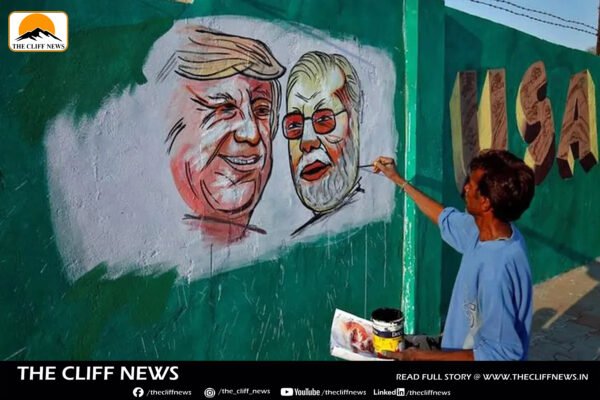Government to Raise ₹36,000 Crore via Auction of Two Dated Securities on July 25
The Government of India has announced the re-issue of two dated securities to raise a total of ₹36,000 crore through an auction to be conducted by the Reserve Bank of India (RBI) on July 25, 2025. The first security is the 5.91% Government Security (GS) 2028, maturing on June 30, 2028, with a notified amount of ₹6,000 crore. The second is the 6.33% GS 2035, maturing on May 5, 2035, with a significantly higher notified amount of ₹30,000 crore. Additionally, the government has kept the option open to retain an extra subscription of up to ₹2,000 crore for each security, depending on investor response. These bonds are part of the government’s borrowing strategy to meet its financial needs, especially in situations of fiscal deficit—when its expenditure exceeds revenue. By issuing these securities, the government borrows from the public, banks, and institutions, promising to repay with interest after a fixed term. The funds raised help finance infrastructure projects, welfare schemes, subsidies, and other developmental expenses without immediate tax hikes. The auction will be conducted via the RBI’s electronic platform, e-Kuber, using the multiple price method. Results will be declared on the same day, and successful bidders must make payments by July 28, 2025. Primary Dealers may submit their bids for underwriting the Additional Competitive Underwriting (ACU) portion between 9:00 a.m. and 9:30 a.m. on the auction day. RBI also clarified that the minimum bid size is ₹10,000 and in multiples of ₹10,000 thereafter. These securities will be eligible for “When Issued” trading from July 22 to July 25, allowing pre-issuance trading. Investors, including retail participants using the RBI Retail Direct platform, can also access the non-competitive bidding facility. Moreover, the bonds will be eligible for repurchase (repo) transactions and are open to non-resident investors under the Fully Accessible Route (FAR). This strategic auction is part of the government’s ongoing effort to manage fiscal needs while offering safe investment instruments backed by sovereign guarantee.










